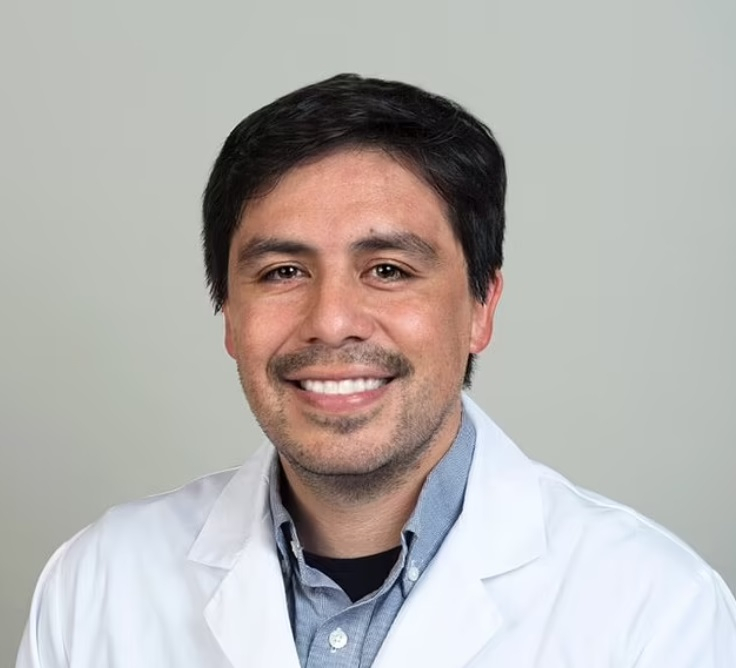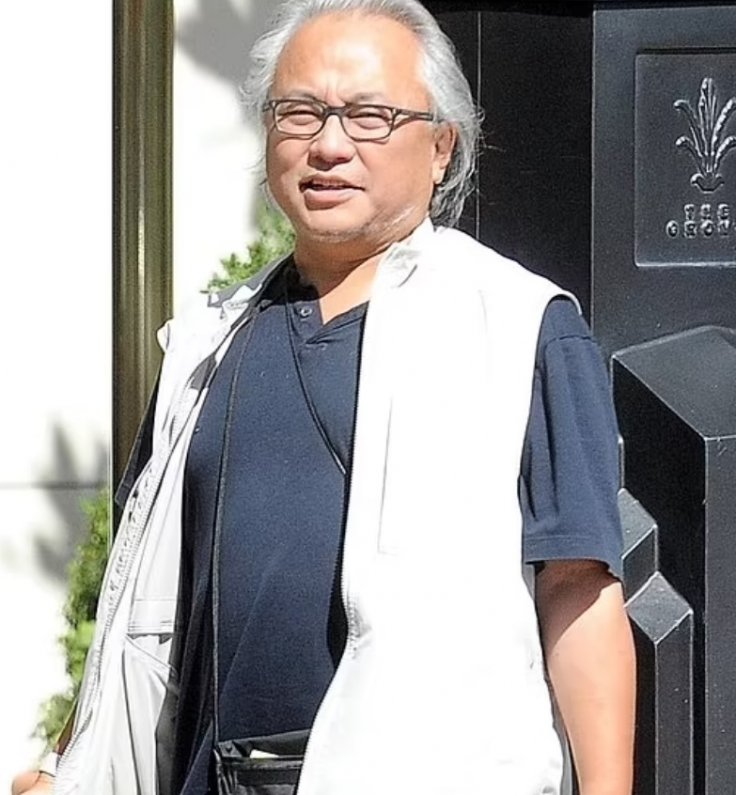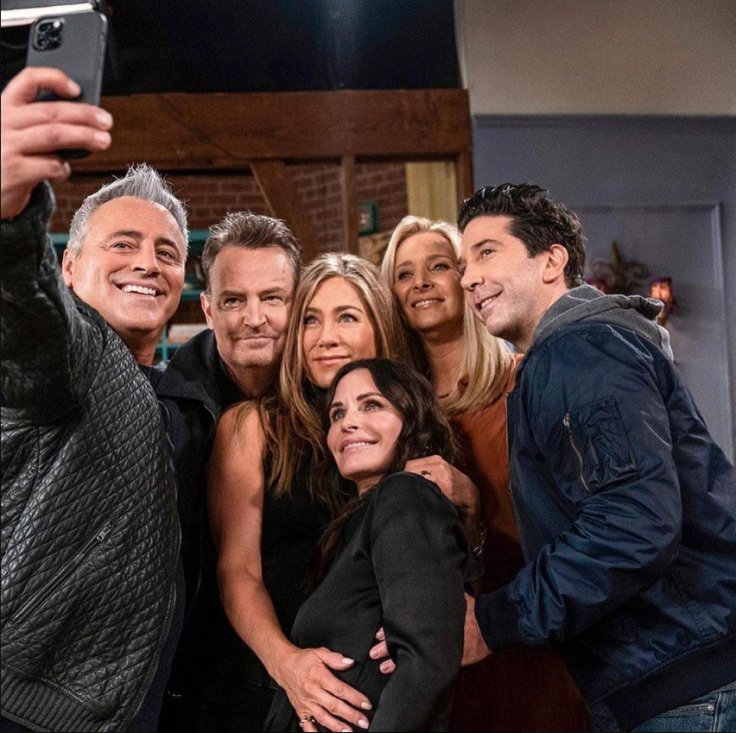Prosecutors have alleged that the doctor accused of providing the fatal ketamine that led to Matthew Perry’s tragic death had realized that the actor could die when he saw him “freeze up” from an overdose just days prior to his death.
Dr. Salvador Plascencia, who was licensed to prescribe and administer the powerful tranquilizer, sought help from another medic to manage the large quantities the “Friends” star was consuming in the weeks leading up to his death in October of last year. It has been alleged that Plascencia, 42, showed contempt for Perry as his addiction worsened, reportedly asking a corrupt associate, “I wonder how much this moron will pay.”
Almost a Murder
IMDB
However, he realized that the actor’s life was in grave danger when Perry experienced a seizure during an overdose just 16 days before his death. “Let’s not do that again,” he told Perry’s assistant nervously.
The disturbing details surfaced on Thursday as Plascencia and four other suspected co-conspirators were arrested following a grand jury indictment.

X
Perry was found unresponsive in the hot tub of his Los Angeles home on October 28 by his live-in assistant, Kenneth Iwamasa. His cause of death was later determined to be the “acute effects of ketamine.”
Iwamasa has since confessed to being the one who administered the lethal doses to the actor, after being trained by Plascencia on how to do so.
On October 4, Iwamasa reported that he had successfully injected Perry, mentioning that he “found the sweet spot,” though experimenting with different areas led to running out of ketamine.

X
The affidavit reveals that Perry spent $55,000 on ketamine provided by Plascencia in the two months before his death, and that Iwamasa injected Perry with 27 doses of ketamine in just five days.
San Diego doctor Mark Chavez, 54, has admitted to diverting supplies from his clinic by creating fake prescriptions as Plascencia struggled to meet Perry’s demands. In one instance, Plascencia and Chavez collaborated to charge Perry $2,000 for a vial of ketamine that originally cost $12, as Perry’s desperation for the drug intensified, according to the court filings.
Killed Him Knowingly
Iwamasa would relay Perry’s requests using coded language, referring to bottles of ketamine as “Dr Pepper,” “cans,” and “bots” through encrypted messaging apps. At one point, he inquired whether he could pay with “something besides cash,” explaining that it was difficult to reach the bank quickly given how rapidly things were happening.

X
However, the doctors struggled to meet the high demand, leading Iwamasa to reach out to a friend of Perry, Eric Fleming, 54, for additional supplies.
Fleming, in turn, contacted Hollywood’s so-called “Ketamine Queen,” Jasveen Sangha, 41, telling Iwamasa that “She only deals with high end and celebs. If it were not great stuff she’d lose her business.”
Sangha sold dozens of vials of the drug to Iwamasa through Fleming and was so pleased with the large orders that she even included some ketamine lollipops as a bonus.

X
Despite this, prosecutors allege that Sangha was fully aware of the drug’s dangers, having reportedly sold it to a client, Cody McLaury, just hours before his fatal overdose in 2019.
“The ketamine you sold my brother killed him,” a furious relative told her in a text message. “It’s listed as the cause of death.”
Initially, Iwamasa depended on Plascencia to administer Perry’s injections, with their meetings typically taking place at Perry’s home.

X
However, on October 10, the three men met at a car lot in Long Beach, where Plascencia injected Perry inside a parked car. Two days later, after Perry’s near-fatal overdose, Plascencia issued a warning but still supplied Iwamasa with additional bottles of the drug before leaving.
As Iwamasa’s skills progressed, he began injecting Perry up to six times a day, until he discovered the actor dead in his hot tub on October 28.
When news of the beloved actor’s death broke that evening, Sangha instructed Fleming to “delete all our messages.”

X
However, the authorities were already closing in on her, and in March this year, they obtained a warrant to search her home, described as a “drug emporium.”
According to court documents, agents found “significant quantities of illegal drugs, including approximately 1,978 grams of orange pills that tested positive for methamphetamine, 79 bottles containing a clear liquid that tested positive for ketamine, and various other suspected narcotics.”
Prosecutors identified Sangha as a “high-volume drug dealer” previously flagged by the DEA, LAPD homicide detectives, and the U.S. Postal Inspection Service.


